Optimal Seasons for Foundation Repairs
Foundation repairs are essential for maintaining the structural integrity of a property. The timing of repairs can influence their effectiveness and cost. Understanding seasonal and environmental factors helps determine the optimal time for addressing foundation issues.
Spring offers moderate weather conditions, making it suitable for foundation work. Soil moisture levels are typically balanced, reducing the risk of further shifting or cracking.
Summer repairs can be effective, especially in cooler mornings or evenings. However, extreme heat may cause soil to dry and shift, potentially complicating repairs.
Fall provides cooler temperatures and increased soil moisture, which can facilitate foundation repairs. It is often considered an ideal season for structural work.
Winter poses challenges due to freezing temperatures and frozen ground. Repairs during this time may be delayed or less effective until conditions improve.
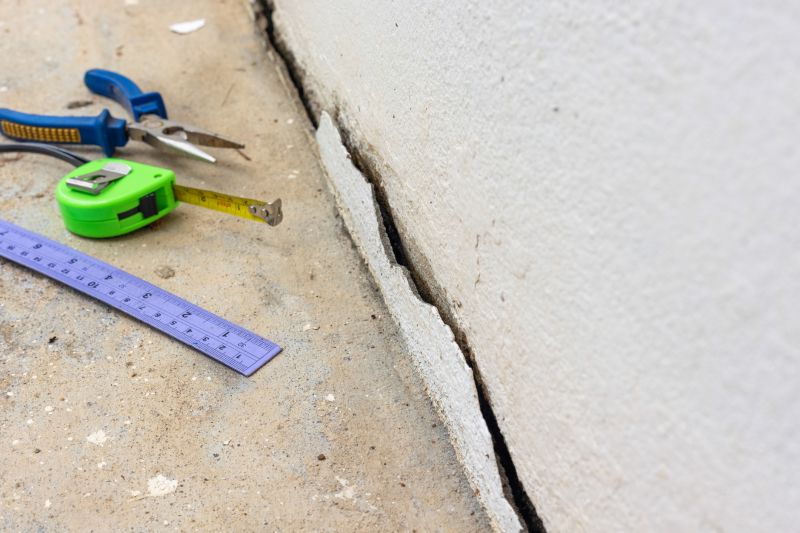
Ways to make Foundation Repairs work in tight or awkward layouts.
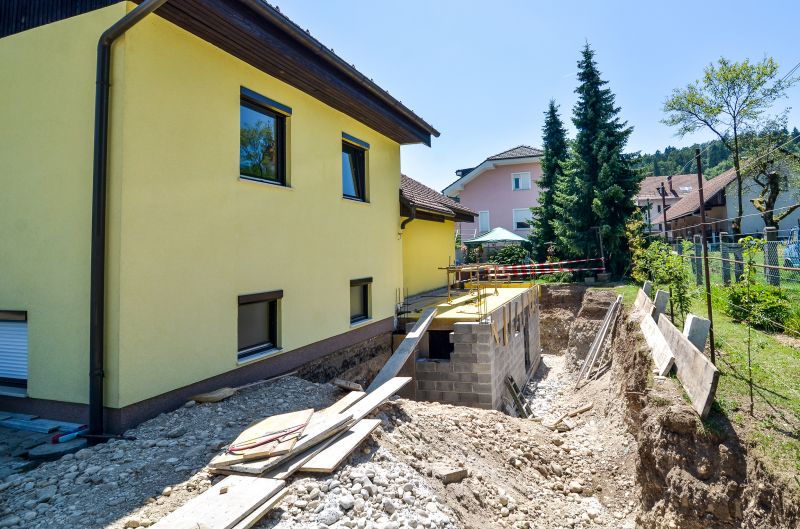
Popular materials for Foundation Repairs and why they hold up over time.
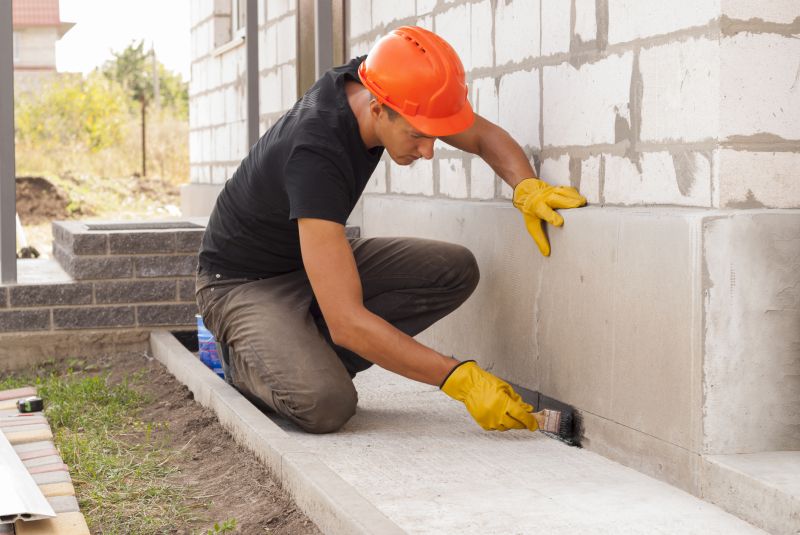
Simple add-ons that improve Foundation Repairs without blowing the budget.
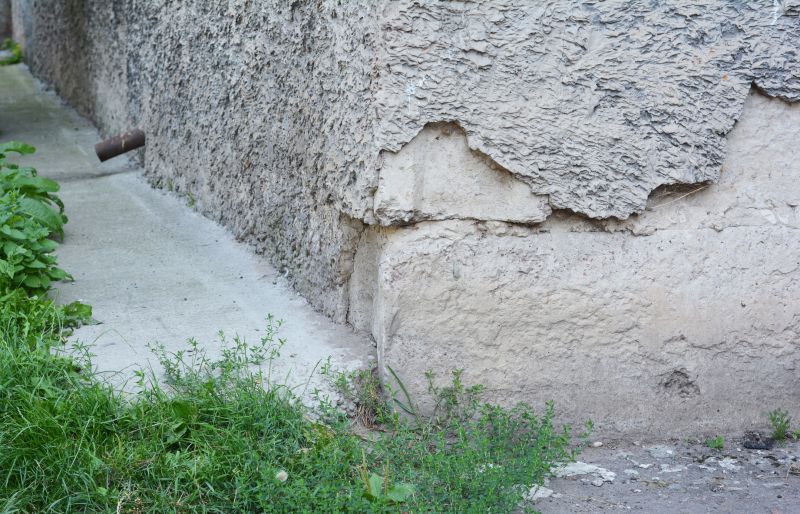
High-end options that actually feel worth it for Foundation Repairs.
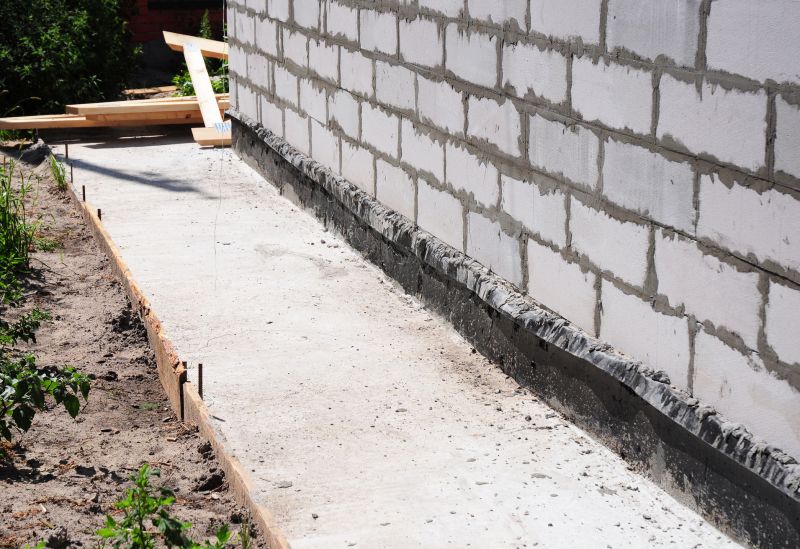
Finishes and colors that play nicely with Foundation Repairs.
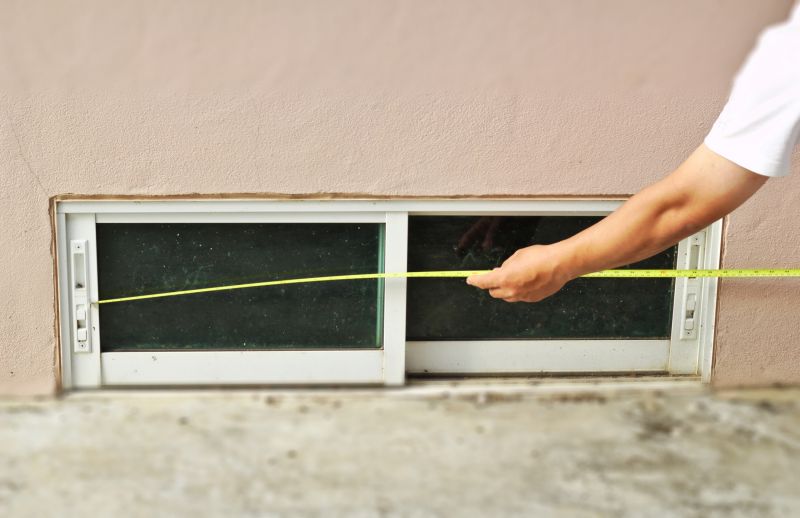
Little measurements that prevent headaches on Foundation Repairs day.
Foundation repairs involve correcting issues such as cracks, settling, and shifting to restore stability. These repairs may include underpinning, piering, or slab stabilization. Proper timing ensures that the soil conditions are conducive to long-lasting results, reducing the likelihood of future problems.
| Season | Optimal Conditions |
|---|---|
| Spring | Moderate soil moisture, manageable temperatures |
| Summer | Cool mornings/evenings preferred, avoid extreme heat |
| Fall | Increased soil moisture, stable temperatures |
| Winter | Frozen ground, generally unsuitable |
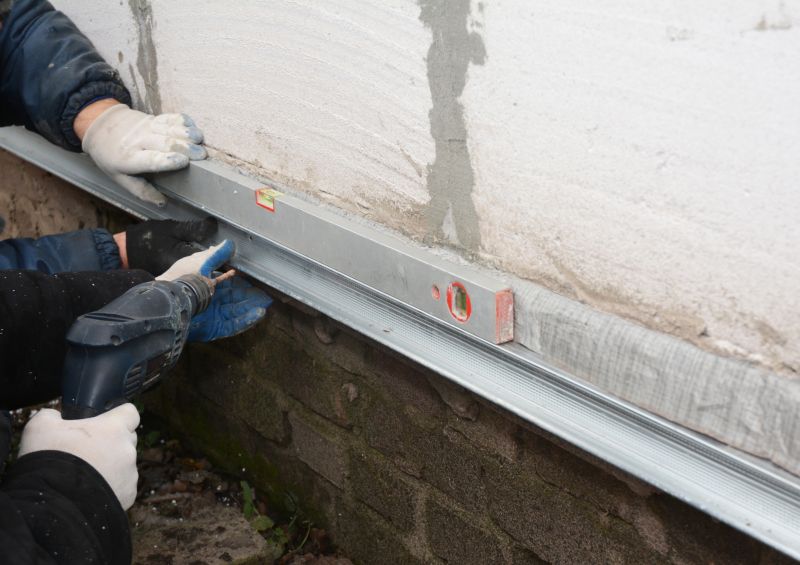
A 60-second routine that keeps Foundation Repairs looking new.
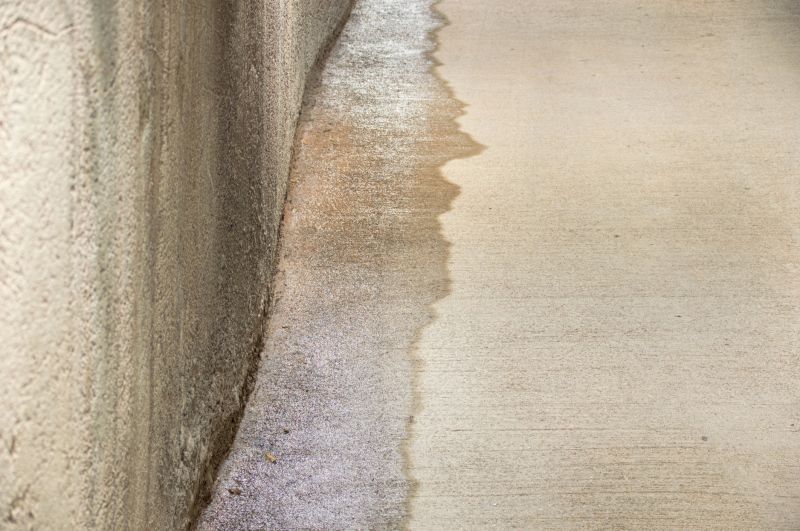
A frequent mistake in Foundation Repairs and how to dodge it.
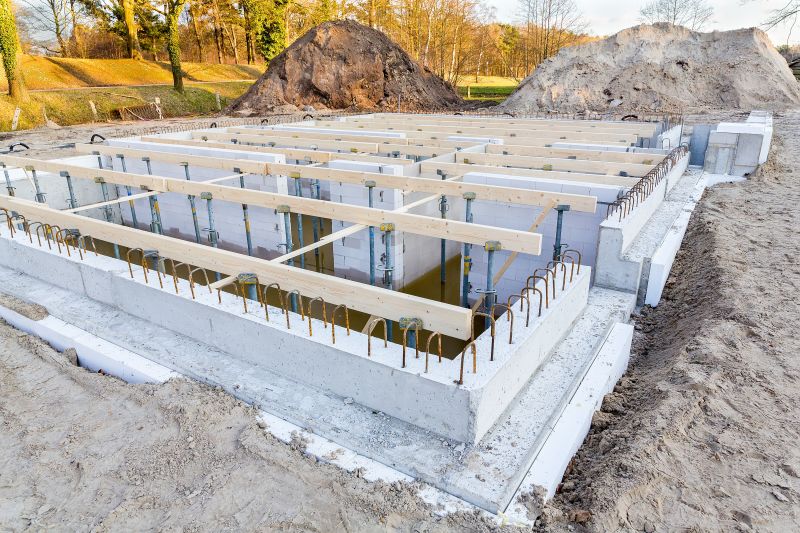
Small tweaks to make Foundation Repairs safer and easier to use.
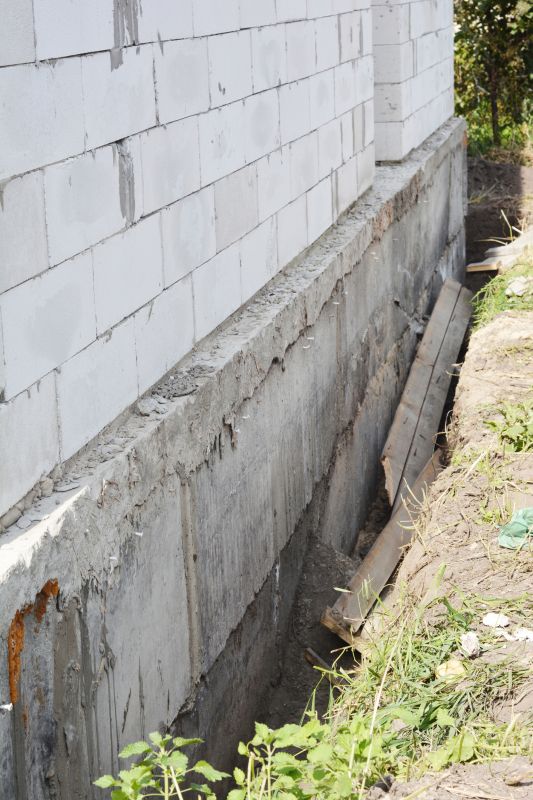
Lower-waste or water-saving choices for Foundation Repairs.

The short, realistic tool list for quality Foundation Repairs.
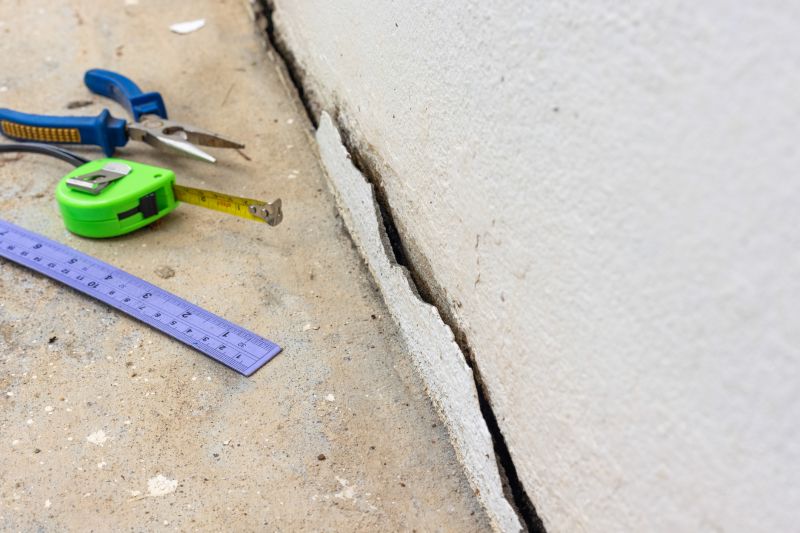
Rough timing from prep to clean-up for Foundation Repairs.
Timing foundation repairs correctly can help prevent further damage and reduce costs. Soil conditions, weather patterns, and the type of repair needed all influence the best time to undertake work. Consulting with a foundation specialist can provide guidance tailored to specific site conditions.
Cracks in walls or floors, uneven flooring, and sticking doors or windows indicate potential foundation problems.
Addressing foundation issues early can prevent extensive damage and costly repairs later.
Selecting the appropriate season for repairs enhances durability and effectiveness.
Soil type and moisture levels significantly impact foundation stability and repair strategies.
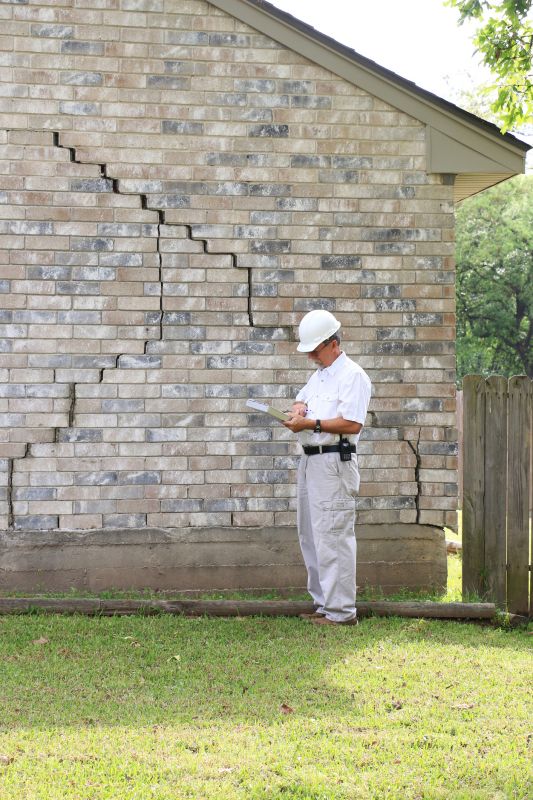
Quick checks and paperwork to keep after Foundation Repairs.
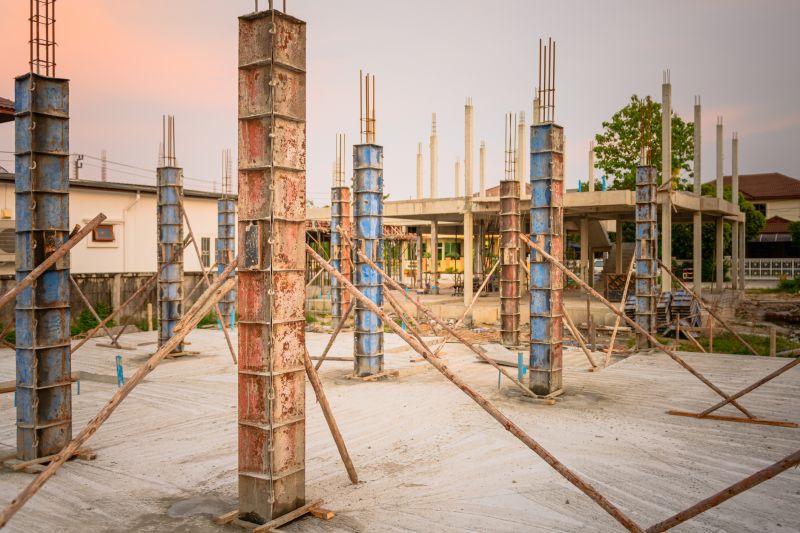
Examples that show the impact a good Foundation Repairs can make.
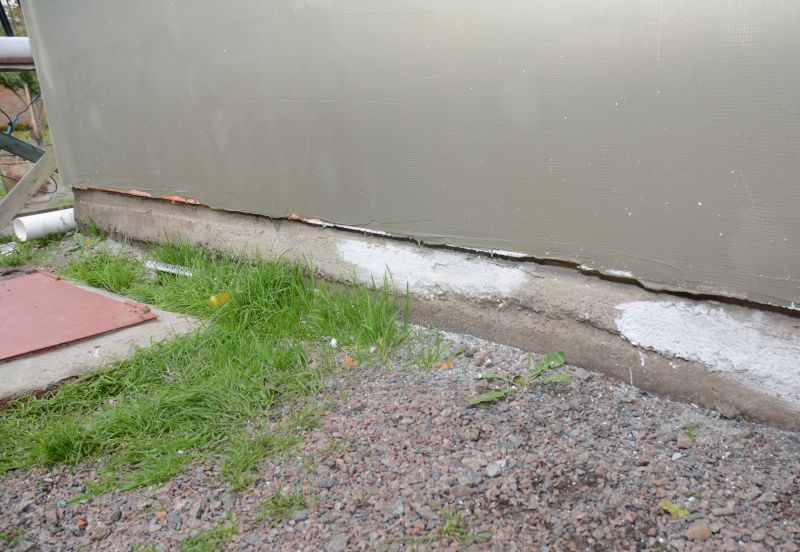
Ways to make Foundation Repairs work in tight or awkward layouts.
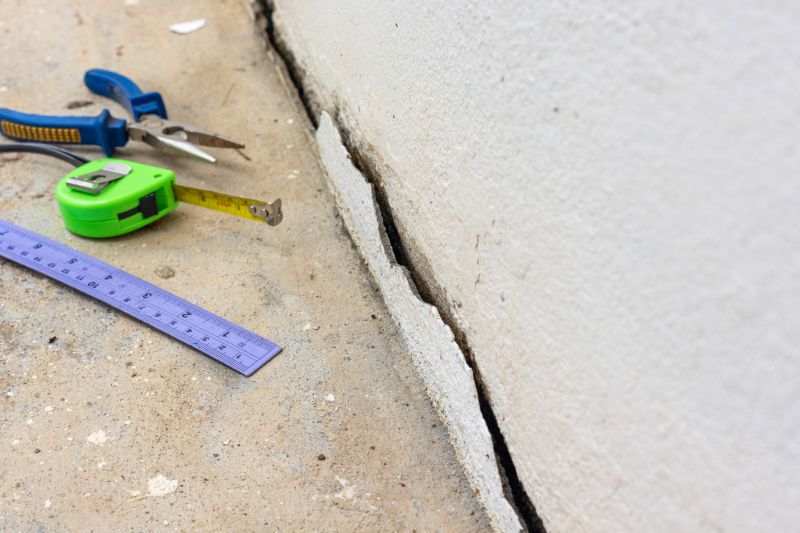
Ways to make Foundation Repairs work in tight or awkward layouts.
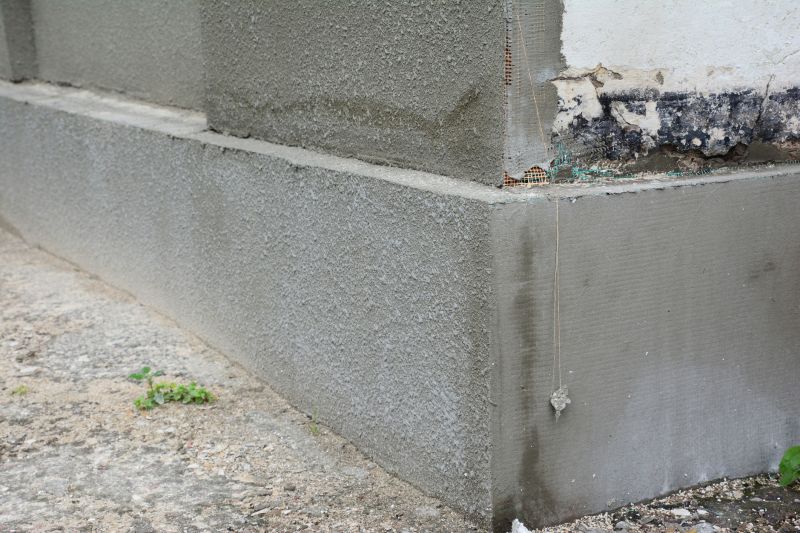
Ways to make Foundation Repairs work in tight or awkward layouts.
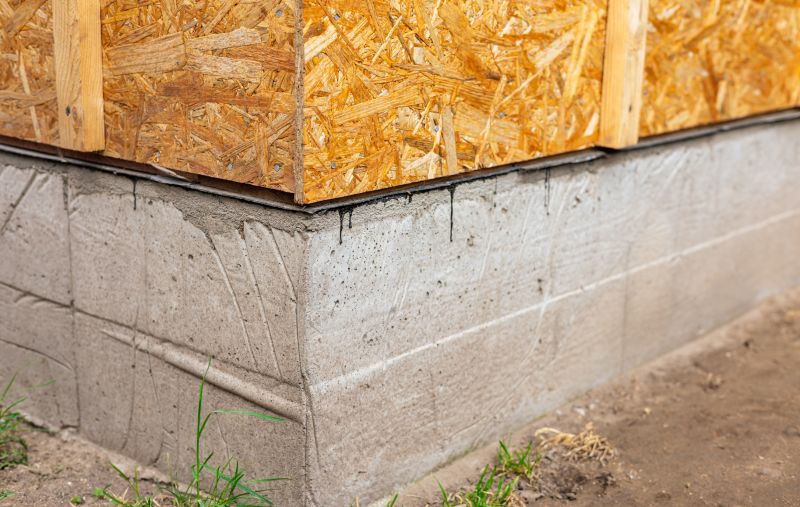
Ways to make Foundation Repairs work in tight or awkward layouts.
Interested property owners are encouraged to contact for assessments and tailored recommendations regarding foundation repair timing and strategies. Proper scheduling can ensure long-term stability and safety of the structure.



